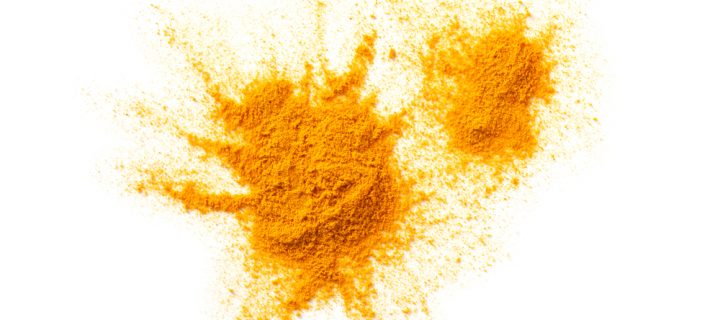Saffron- not just a powder coming from a lowly flower but a spice that packs a punch to be reckoned with.
Saffron comes from a flower called the Crocus sativus, and is currently the world’s most valued spice clocking in at more than $5 000.00 a pound.
Why is that? It’s partly because the spice is usually cultivated by hand and it takes more than 75,000 saffron blossoms to produce a single pound of saffron spice.
And another reason is that because, once it’s cultivated, people want it.
Saffron has a great multi-purpose existence. It’s fantastic for cooking, it’s used as a fabric dye in China and India, and it’s also used for religious purposes in the latter country.
But here we’re going to concentrate on the fact that saffron has been used in non-scientific medicine for possibly over 4000 years to treat a plethora of illnesses and conditions.
Has its effectiveness been proven by western science? No. Again, I repeat-no. And it’s always good to contact a doctor when considering an ailment and seeking proper treatment.
However, with that being said, here is some food for thought- literally!
An Antidepressant
Saffron was studied in 2005 by the Psychiatric Research Center in Tehran, Iran as an antidepressant, and it was concluded by the Iranian scientists that the spice, taken in certain amounts, has comparable effectiveness to Prozac against depression. Impressive!
The results were published in the “Journal of Ethnopharmacology,” and they detailed how a randomized, double-blind study, found that participants who consumed 30mg of saffron extract daily for six weeks experienced significant alleviation of depression when compared with those who only ingested the placebo.
The great thing about saffron being taken for depression is that it currently has no known side effects. This is unlike St. John’s Wort, which is said to be the main herb currently used to treat depression, which has a high potential for negative drug interactions in the body.
An Anti-Inflammatory
According to online sources, a 2002 study of mice done by the School of Pharmacy, Mashhad University of Medical Sciences in Tehran, Iran, showed that saffron exerts anti-inflammatory effects. Exactly how it does this isn’t clear, but it may be worth a try.
A Memory- Booster
According to a study published in the “Journal of Clinical Pharmacy and Therapeutics” in 2010, crocetin and crocin, two compounds found in saffron, may be effective in improving memory and cognitive processing, making the spice a potentially useful element in treating degenerative brain disorders such as Alzheimer’s disease.
An Aphrodisiac
The India Times states that ingesting saffron makes the erogenous zones even more sensitive than they already are. Saffron has long been considered an aphrodisiac. I guess it’s the kind of thing that one just has to try out themselves to see if it’s truly effective of not.
Things To Look Out For
And no, eating saffron won’t make you pregnant. But it has been noted to act as a uterine stimulant, which can cause a miscarriage, in extreme cases. Pregnant women are advised to avoid saffron until the baby is born, (at the right time).
And as a last point, some sources say that saffron’s purity is often compromised, because it takes so much effort to produce the spice and it has such a high market value. Marigolds and other herbs are said to often be added illegally in order to lower production costs. So, always be sure to buy saffron from a reputable source.
Photo credit: orinocoArt/Shutterstock










